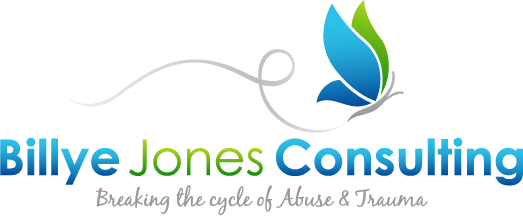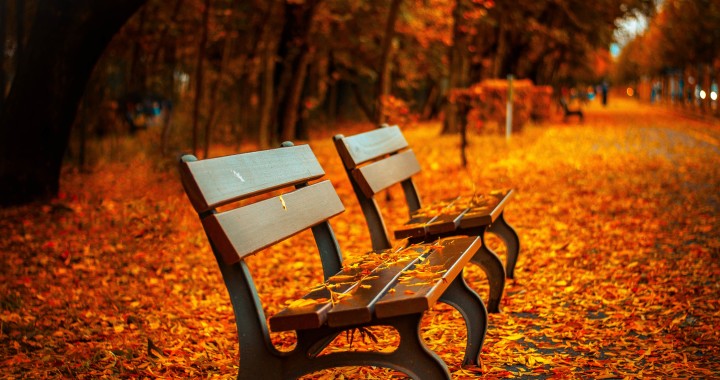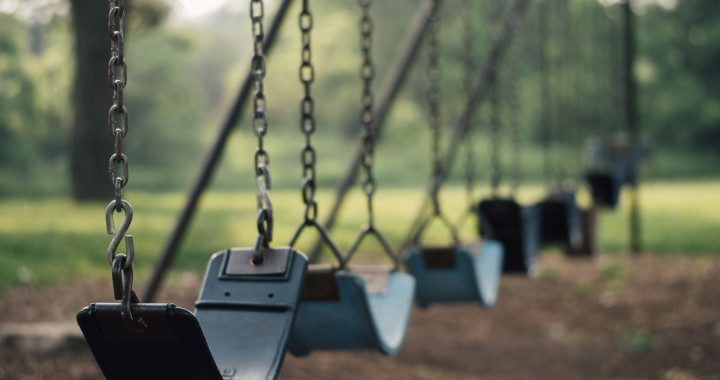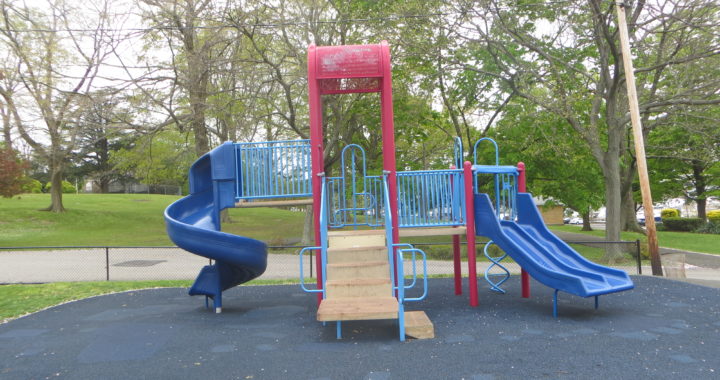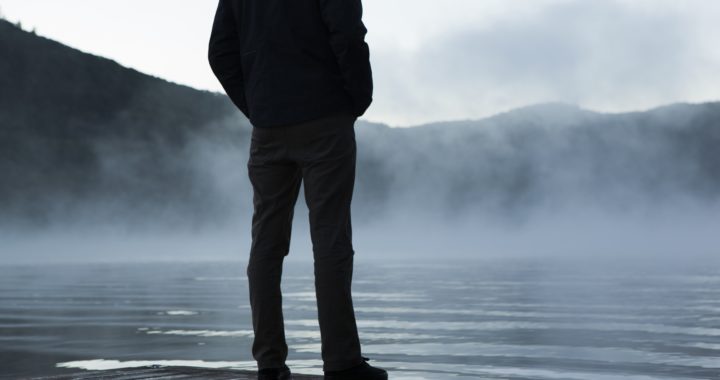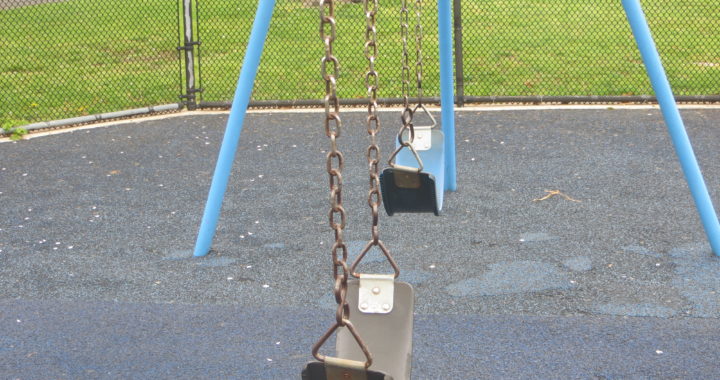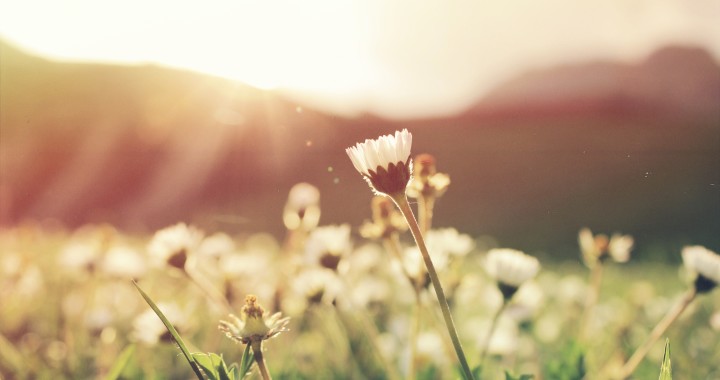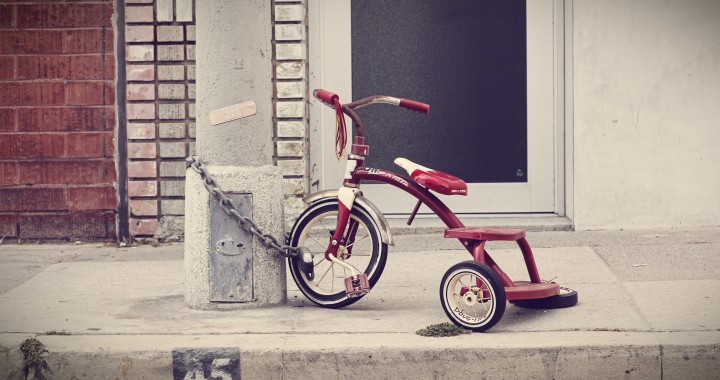Estoy dedicando este blog a hablar de Abuso Sexual Infantil-¿ pero qué es eso? Para algunos, esto podría sonar como una pregunta ridícula. Pero la verdad es que muchas personas no saben la respuesta. Cuando la mayoría de nosotros pensamos en abuso sexual a menudo pensamos que el acto debe ser físico, tocando indebidamente. Después de todo, esta es la definición de la cual tenemos mas conocimiento.
De hecho, estamos tan familiarizados con la idea del abuso sexual teniendo una forma física que no protegemos a los niños de otras formas de abuso sexual que son hasta mas dañinos y perjudiciales para un niño.
Estos son algunos ejemplos de cómo un niño puede ser abusado sexualmente:
▪ Estar expuesto a la pornografía,
▪ Tener niños testigos de actos sexuales en frente de otros,
▪ Ver a los niños en el baño o en la ducha, desvestirse (más allá de lo que apropiado para la edad),
▪ El acoso sexual (incluido el acoso callejero de las niñas),
▪ Conversaciones sexualmente explícitas con niños,
▪ Solicitar a los niños a través de Internet,
▪ Filmar a los niños participando en actividades sexuales,
▪ Un niño que practica un acto sexual en un adulto,
▪ Un niño que practica un acto sexual en otro niño, y
▪ Masturbarse en la presencia de un niño.
Observe que muchas de las cosas que he mencionado han sido vistas, vistas o escuchadas-no físicas, toques inapropiados. Uno de los retos de nuestra comprensión del abuso es que, cuando sospechamos algo, nuestra primera pregunta a un niño es típicamente “¿quién te tocó?” Soy consciente de muchos casos en los que un niño ha respondido honestamente: “nadie me tocó”, pero todavía estaban siendo abusados! Nuestras preguntas a los niños deben cubrir
todo en esta lista. Por ejemplo: ¿alguien le ha pedido que te quites tu ropa, te hizo ver películas, mirar fotos, o te contactó a través de Internet? Este tipo de preguntas son mejores que preguntar ¿quien te tocó?.
Una de las cosas que muchos de nosotros no comprendemos acerca del abuso sexual es que puede tomar días meses o años antes de que un perpetrador de abuso intente tocar a un niño. Comienzan con identificando a un niño vulnerable y de fácil acceso. Una vez que el niño es identificado, el agresor comienza lo que se llama el “proceso de aseo”, que es cuando alguien se hace amigo de un niño y trata de establecer una conexión emocional para que el niño haga algo que desee. Cuando usted entienda el proceso de la preparación, usted también va entender que esto no es una cosa fácil que puede hacer un desconocido. Es a menudo la gente que conocemos, no los extraños, que típicamente preparan a un niño.
Recuerde que todos podemos hacer nuestra parte para prevenir y terminar con el abuso sexual infantil. Así que la próxima vez que quieras preguntarle a un niño “¿quién te tocó?”
Haz otras preguntas, como:
▪ ¿Alguien te ha hecho sentir incómodo?
▪ ¿Alguien te pidió que miraras películas o imágenes?
▪ ¿Alguien te ha pedido que te quites la ropa?
▪ ¿Alguna vez te han seguido o visto en momentos en que necesitaste privacidad?
▪ ¿Hay alguien que te esta haciendo sentir incómodo?
Usted se sorprenderá cuánto niños mas podemos proteger si realmente entendemos mejor el abuso sexual infantil y preguntar las preguntas correctas.
